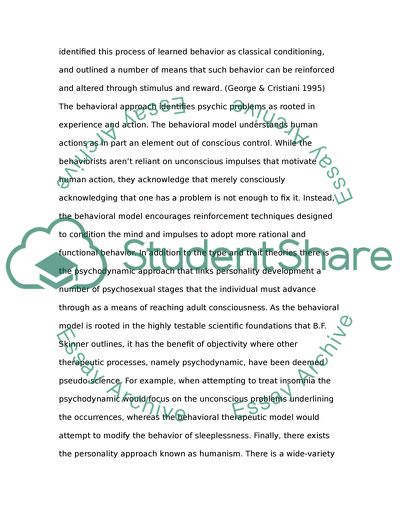Cite this document
(“The Key Elements of the Major Personality Theories Essay - 2”, n.d.)
Retrieved from https://studentshare.org/psychology/1412549-introduction-to-psychology
Retrieved from https://studentshare.org/psychology/1412549-introduction-to-psychology
(The Key Elements of the Major Personality Theories Essay - 2)
https://studentshare.org/psychology/1412549-introduction-to-psychology.
https://studentshare.org/psychology/1412549-introduction-to-psychology.
“The Key Elements of the Major Personality Theories Essay - 2”, n.d. https://studentshare.org/psychology/1412549-introduction-to-psychology.


